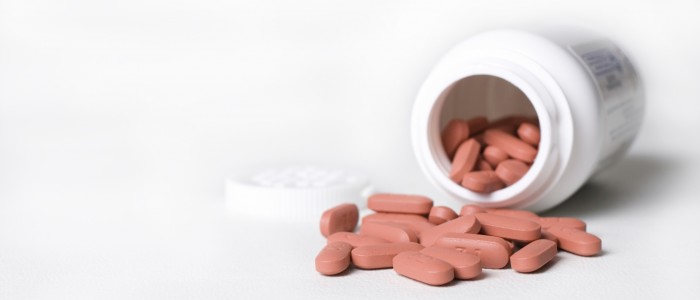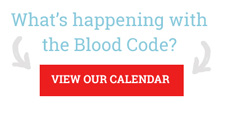I saw a slightly heavy-set patient this week; I’ll call him Jim, with recent weight loss. Good for him right? Wrong! And let me tell you why.
Following his 15-pound loss-I measured his body fat in the office at the tip-top of normal: 22%. And his blood work looked like a sedentary 80-year old. Very low HDL cholesterol (40-mg/dL), high TG (146 mg/dL), total protein levels dropping every year over the prior 4 years and fasting glucose rising every year of the past 4 years. And prostate symptoms flared at 50 years old, resulting in another medication.
OK, so his very low fat diet and moderately low protein intake needed to be corrected here, but the real problem in the background? Too much statin.
Jim was a perfect example of the findings in this 2010 study. Low T is caused by the most prolific drug given to middle aged men.
Yeah, Statins, beyond the many problems I talk about in The Blood Code, also lower testosterone. No surprise right? Our sex and steroid hormones: Cortisol, testosterone, estrogen, progesterone and DHEA, are all made from cholesterol. If you remove a bunch of the 2×4’s from a work site, the building is not going to go that well. In this case, Jim did not maintain his muscle mass and he did not recover or benefit from the exercise routine he did most days of the week. His body had inadequate testosterone for the job.
Statins are linked to an increased risk of dementia, depression, lack of recovery from exercise, low libido, pain and muscle weakness – yet Jim’s Primary care doc said unashamedly, “Just stay on it, it’s not like there are side-effects.”
Will a reduction from 40-mg to 20 mg be enough? I doubt it, but we started there just so the rug isn’t pulled out too quickly. I suspect his dosage, if any, will settle in the 5-10 range. In my professional opinion, there is such a thing as high cholesterol. Even with no other risk factors: I address cholesterol when total levels are >280 in men and >320 in women. Yes, you heard right, 240 is not deemed high cholesterol.
The Blood Code message is for you find your endocrine – hormonal perfection through non-drug interventions that are proven to work for you. Check you progress over time, don’t just believe what you are doing is working. Blood tests are great for this. Beware when a doctor treats you like the statistical average of a study that includes thousands of people minimal benefit and a claim of no adverse drug side effects should put up your red flag. I’d love to help you recover your cardiometabolic health – but I will prepare you, it is rarely found in a prescription.




Comments are closed.